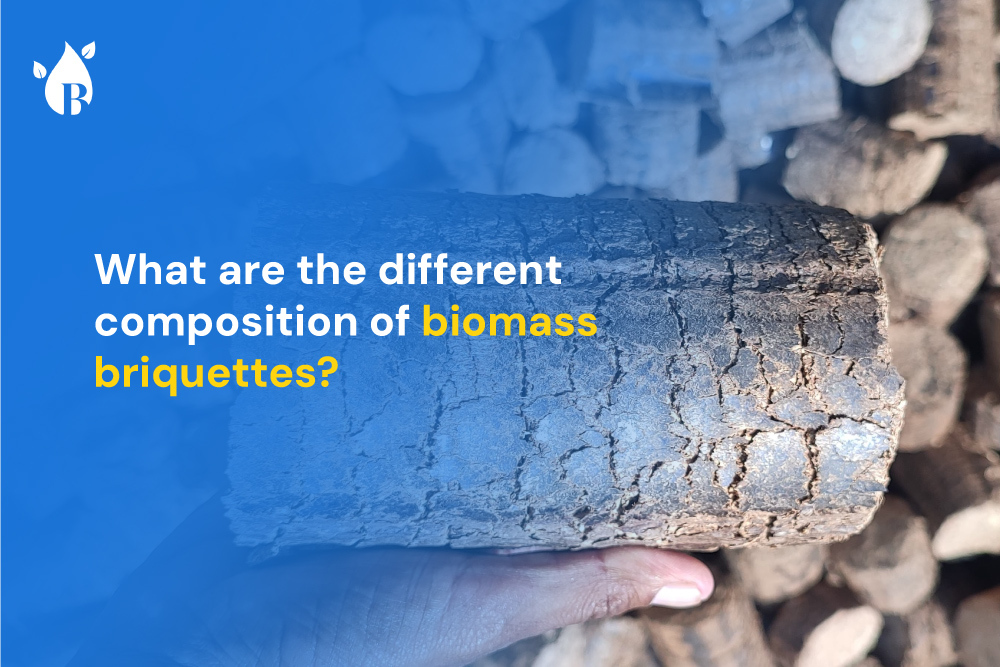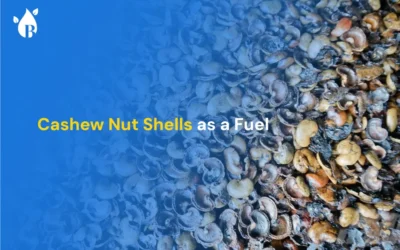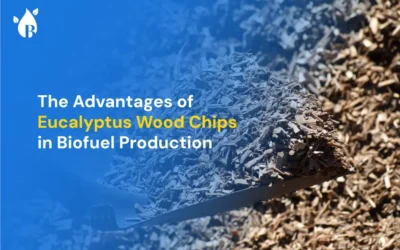
What is Biomass?
Biomass refers to the fuel developed from organic materials like wood, crops, agriculture, and forestry remains. The world produces 559 billion tonnes of biomass annually, which in turn gets piled up in landfills. As the world has become conscious of the rising emission levels and is exploring alternatives to fossil fuels, biomass has gained significance.
Burning biomass in its loose form is ineffective, and the combustion efficiency is very low. When it is dried and densified into biomass briquettes, their combustion efficiency improves. As there is no moisture, biomass briquettes tend to burn longer.
Read this blog also: What is the composition of Biomass Briquettes?
What is the use of Biomass Briquettes in India?
Biofuel – Alternative fuels for the cement and lime industry
How are cement kilns fueled?
Cement is one of the most important building materials. While producing cement, limestone and clay are crushed, ground, and mixed with water to make clinkers. This is used as a binding agent in making portland cement. Limestone, which is Calcium Carbonate (CaCO3), is burnt at high temperatures of 900°C to form clinkers, and this process is called calcination.
What is the main reason that the cement manufacturing industry is energy intensive?
When Calcium carbonate is burnt during calcination, it liberates CO2 and forms CaO or lime. This happens inside the kilns, and coal is conventionally the primary source of heating the cement kilns.
What are the alternative fuels used in the cement industry?
Overall, the cement industry accounts for 8% of carbon-di-oxide emissions worldwide. Biomass briquettes and other biofuels are becoming the main source of alternative fuels in cement manufacturing and the use of biomass energy can help reduce carbon emissions as well as the cost of operation.
Wrapping Up
Biomass briquettes sale in India
Buyofuel is India’s leading supplier and buyer of biomass briquettes and other biofuels. If you are looking for biomass briquettes supplier and manufactuer in tamilnadu and the whole of India, contact us at +91 86067 82055. Alternatively, you can write to us at [email protected] .



